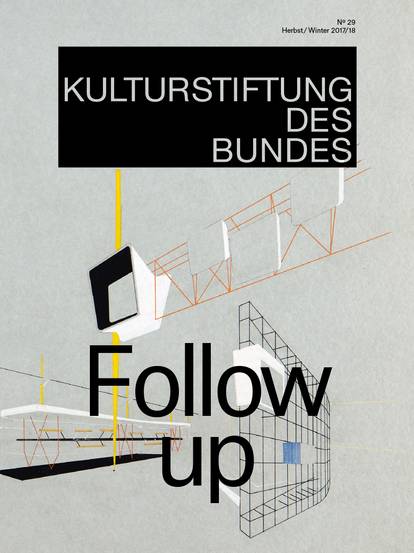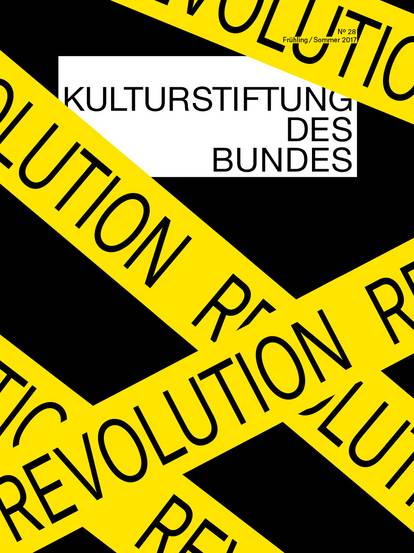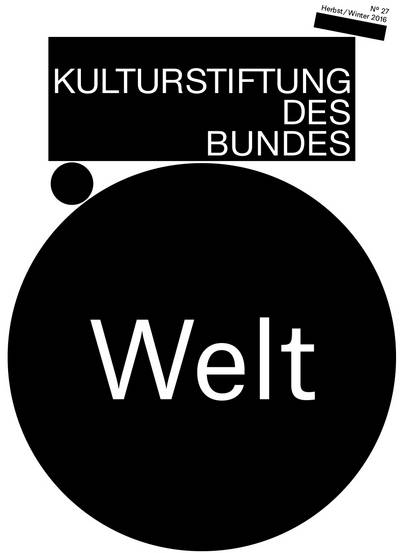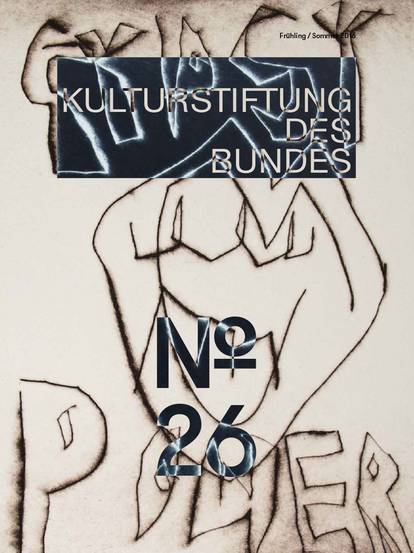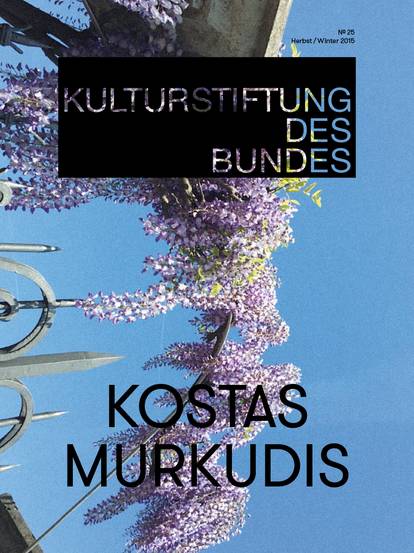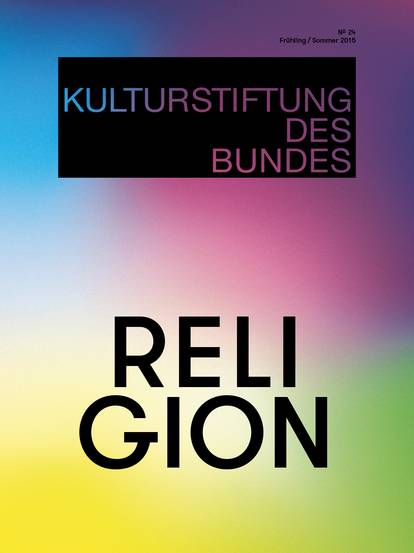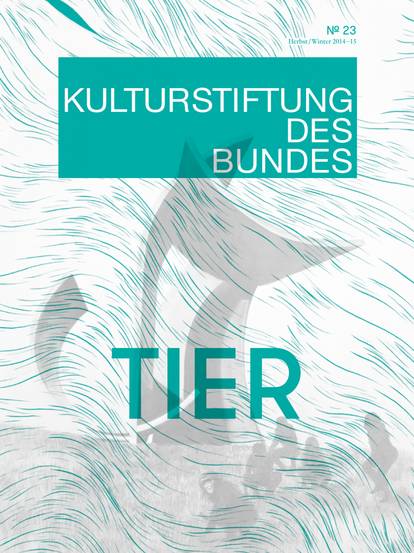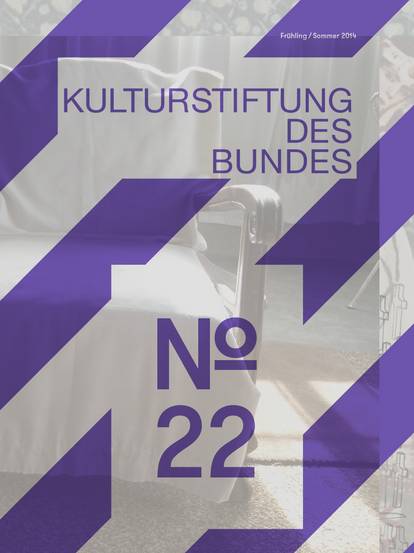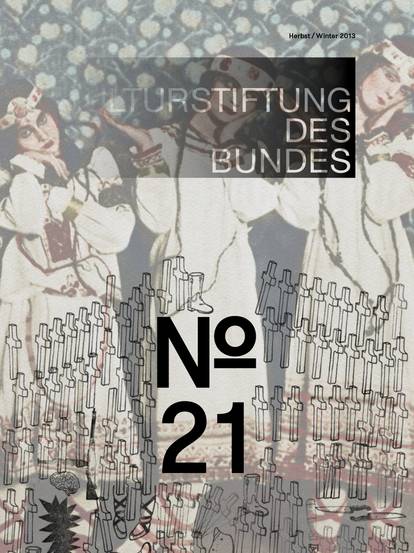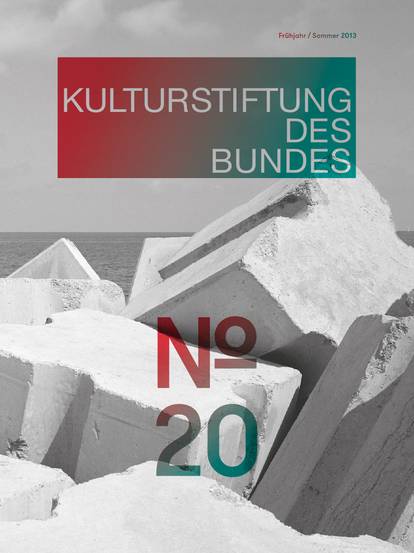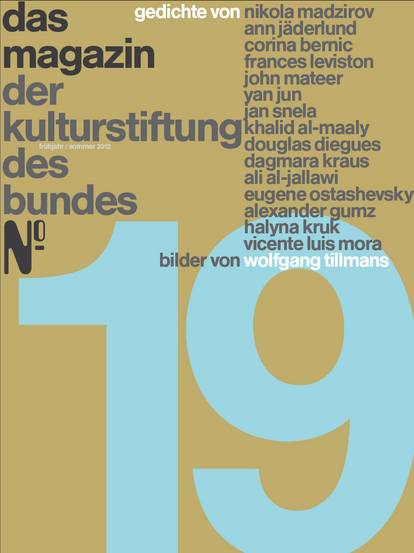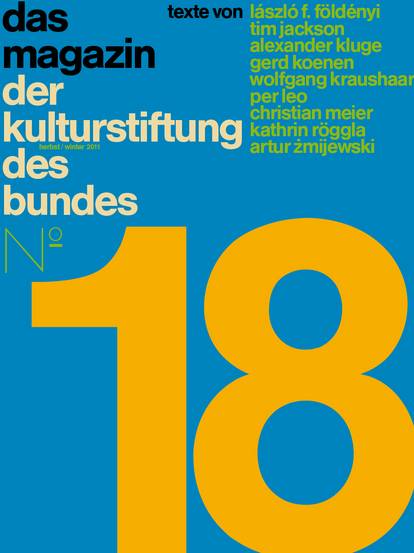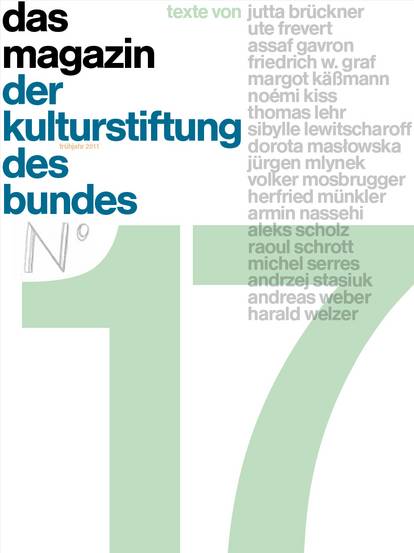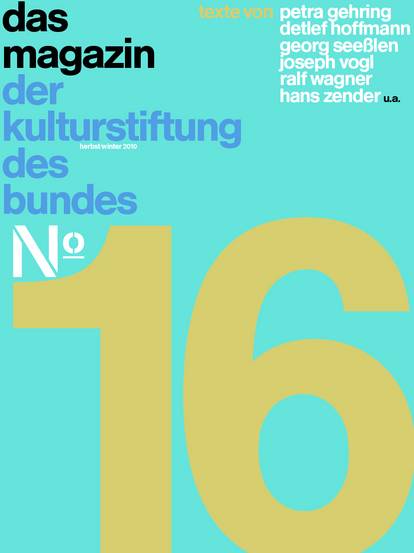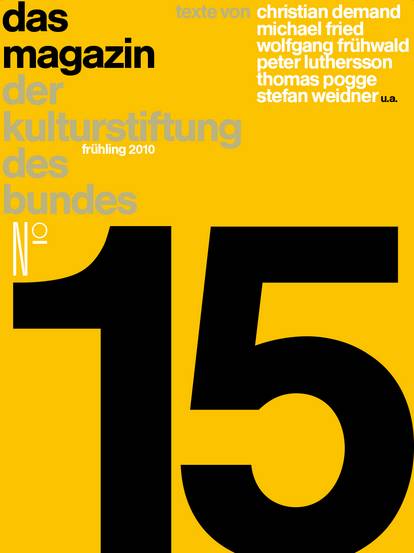The Münchner Kammerspiele has entered the debate on the situation of refugees in Germany with a project of its own making. The goal – to make the theatre itself a model project for an open society. In a process of consultation, development and design, the artists Björn Bicker and Malte Jelden aim to create a link between the escape and arrival of refugees and the institution of theatre at the thematic, personnel and structural levels.
Mr. Bicker, you want to convert the Kammerspiele into a “Munich Welcome Theatre”. Why is the Kammerspiele so committed to helping refugees?
Because as a publicly subsidised cultural institute, theatre is a part of this society. The borders, which have been erected all around Europe, continue within as well. Theatres are not free of boundaries either, particularly when it comes to who enters and who doesn’t. These boundaries are frequently invisible, but by no means less effective. At some point we have to start opening ourselves up. Of course, that’s a dangerous process because it forces us to change as well. The art that we produce might become a different kind – the language, the content, the forms. The practised professionalism. The political stance. Everything will be up for debate eventually. In this sense, such a theatre could be viewed as quite paradigmatic. For other parts of society. As a place for change. As an open space.
What are your plans?
There are three stages in our project. First, we’re organising the Open Border Congress at the Münchner Kammerspiele from 16 to 18 October. We’re inviting artists, action groups, campaigns, researchers, refugee organisations and activists to the Kammerspiele to connect with the theatre in an exemplary way – in performances and debates. We want to show what theatre can look like when it radically explores topics of escape, arrival and border policies. Participation is an important aspect in this: Where do we see success? What conditions are necessary to ensure cooperation on as equal a footing as possible? Following the congress, Malte Jelden and I will look at the daily operations of the theatre and work to develop projects with as many theatre departments as possible which tie into the topics of escape and arrival in the long term. For instance, how might we integrate refugees into the working processes of the theatre? What can the acting school do, the ensemble, the workshops, the theatre association? We want to accompany this phase with workshops, events, perhaps excursions as well. The third step will be to initiate joint projects with the Bellevue di Monaco, a civic residential and cultural project for refugees in the middle of the city. In the end, the Münchner Kammerspiele should function as a kind of partner theatre for the Bellevue.
The subtitle of your project is “A Conversion Project on the Subject of Refugees”. The term ‘conversion’ (also reutilisation or change of use) is used in urban planning to describe the reintegration of wastelands into the economic cycle or changing the use of buildings. Why is this now a task of theatre?
Conversion means opening and reutilising municipal theatre as a resource. One of the tasks of theatre is to reflect on itself and adapt its own concepts to the circumstances of society. Either by opposing society and its norms, or becoming part of a development. Or being a role model. Or stirring debate. Or doing things that no one else dares. When you open a theatre as an institution, integrate it into a network, you are changing its usage in the sense of conversion. And it is a political statement! Naturally the subtitle “A Conversion Project” is a bit of a provocation. Both internally and externally. Politically speaking with regard to immigration policy it means we can’t keep on going as we’ve done so far. We have to rethink our institutions and organisations and utilise them in a different way.
To what extent will theatre audiences notice these ideas and projects?
During the Open Border Congress, they’ll be able to experience all sorts of new approaches, ideas and best-practice examples. After that, things won’t be so visible because that’s when the development process starts. As soon as the projects are implemented, they’ll become visible again. As a performance, as a debate, as a campaign. Perhaps at the theatre, perhaps at the Bellevue di Monaco. We won’t know who will be on stage until the end. In the best case, what’s more important is who participates than who watches. This is really an open process. And we as artists are grateful to those responsible at the theatre for not pressuring us to deliver results at a specific time.
The Grandhotel Cosmopolis, a social organisation from the cathedral district in Augsburg, will also be attending the Open Border Congress. This group provides accommodation to both visitors and refugees, and runs a citizen-operated restaurant, studio and café-bar. In view of such grassroots action groups, what can the Kammerspiele do that the people from Grandhotel are not capable of doing as well?
It’s sensational what Grandhotel has achieved. They’ve produced something beautiful which is hardly comparable to anything that happens in theatre. They’ve created a new space and defined themselves. Theatre already exists. It is a public venue, of which people have certain expectations. When we launch such a project in theatre, it’s more about redefining and reinterpreting ourselves. We are situated at the cultural centre of civil society which almost only exists in this particular form in theatre. This is very much about generating publicity. What I’d like to learn from the operators of Grandhotel is how they achieved such openness in the development, the concept of what art could be, namely that constant and peaceful staging of encounter, how they blur the boundaries between social work, political activism and artistic expression. If we can learn something of this from them, I’d be delighted. The Grandhotel Cosmopolis might well be the theatre of the future.
Interview by: Tobias Asmuth

![[Translate to English:] Magazine 38](/fileadmin/_processed_/f/1/csm_Magazin38_Cover-Vorschau_921x1230_689f428dc3.jpg)
![[Translate to English:] Magazine 37](/fileadmin/_processed_/b/c/csm_Mag37_Cover-Vorschau_921x1230_b5129fdb2a.jpg)
![[Translate to English:] Magazine 36](/fileadmin/_processed_/2/a/csm_Cover_Magazin36__issuu_2f3cef97bb.jpg)
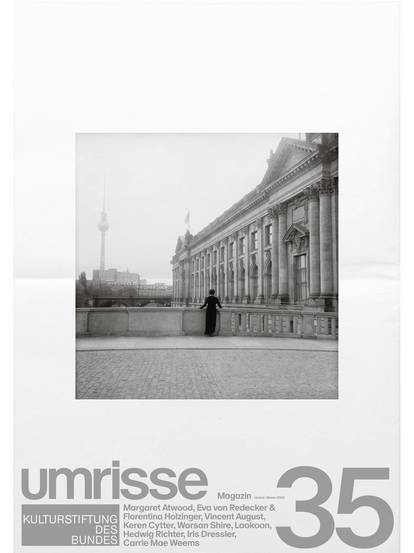
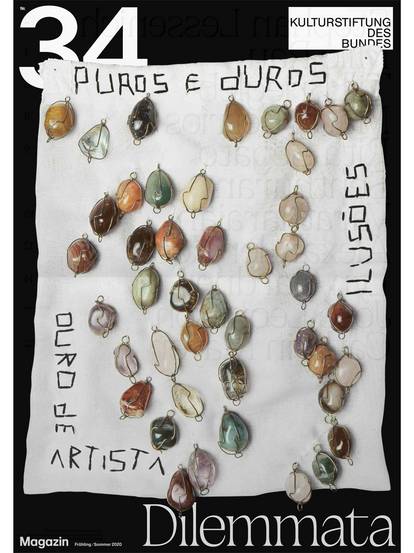
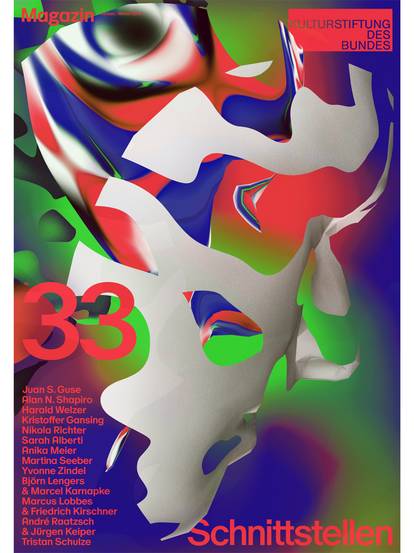
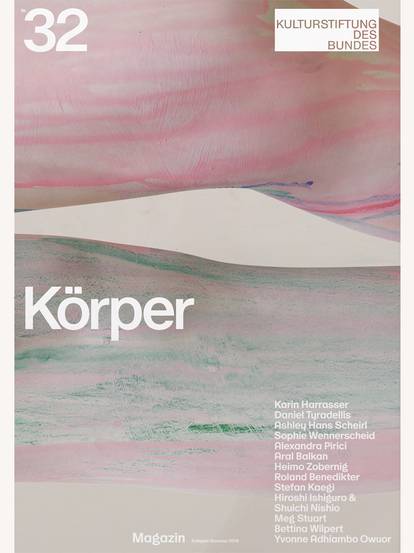
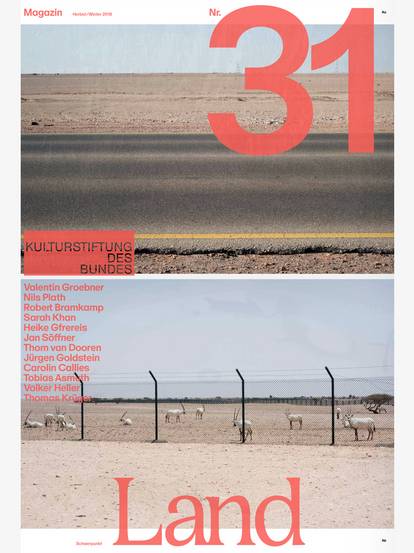
![[Translate to English:] Magazine 30](/fileadmin/_processed_/c/b/csm_magazin30_vorschau_9005f773d3.jpg)
